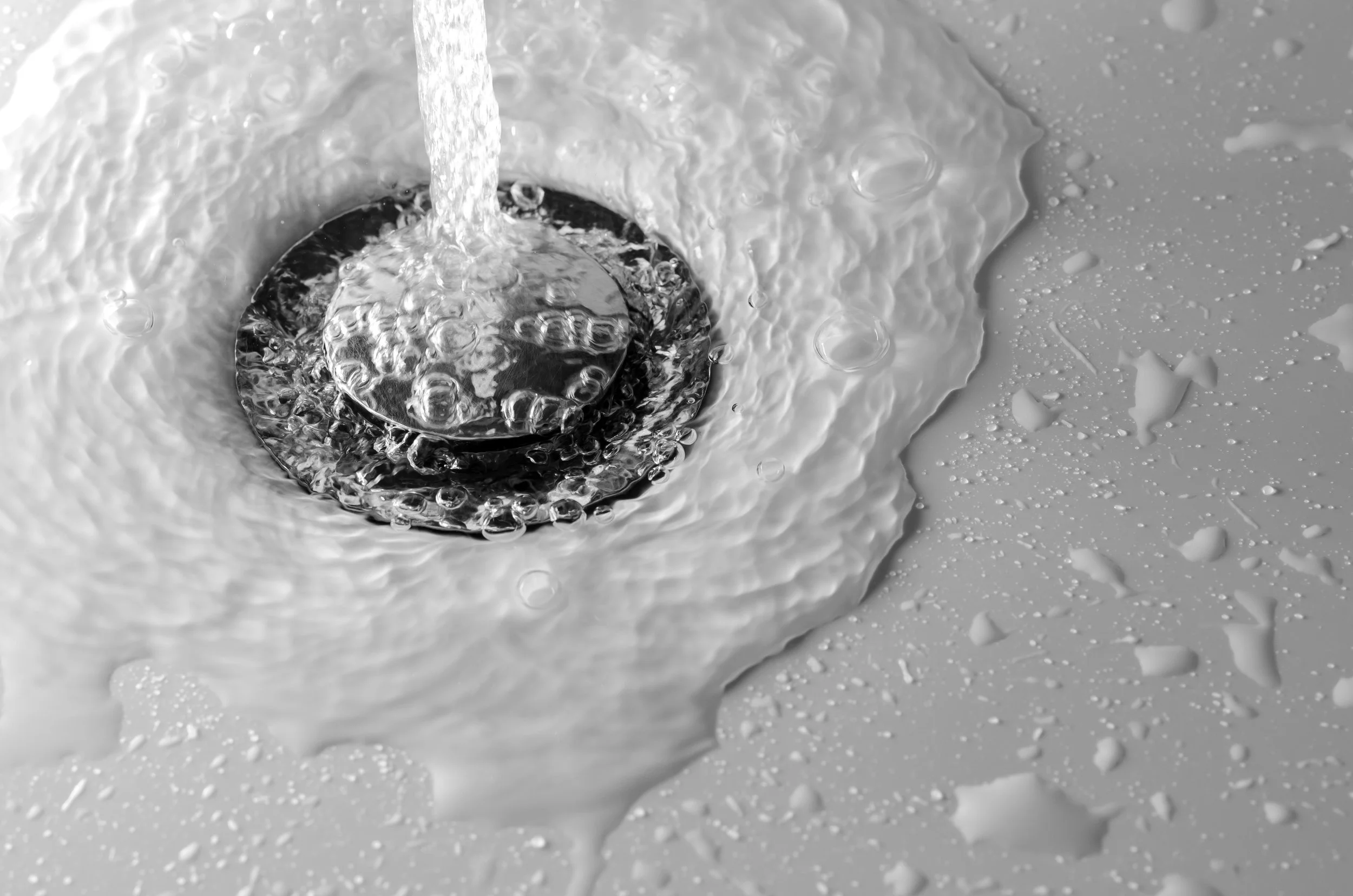Slow Shower Drain? Here's What to Do
One of the eternal struggles of homeownership is that the home maintenance tasks never really seem to end. Dishes need doing, carpets need vacuuming, trinkets need dusting. If the gutters don’t need to be cleaned, you need to rake up leaves. When you’re not changing out HVAC filters, you’re sealing up cracks to eliminate drafts. Of course, plumbing problems like a slow shower drain will occasionally haunt you as well. If you’re up against a slow drain, keep reading for key tactics to help clear it out.
Hot Water
As part of the natural course of life and personal maintenance, a lot of things will end up clogging your shower drain. You will routinely get a buildup of soap, shampoo, dead skin, and hair, to name a few. Hot water can often break apart the soap or shampoo residue and let the blockage wash away down the drain.
Be sure to keep in mind that boiling water can damage PVC pipes, so don’t try this with PVC drains. Always be sure to check and double-check what sorts of pipes you have before trying any form of unclogging solution. The last thing you want is to damage your perfectly-usable pipework when it just needed a bit of unclogging. When in doubt, get on your hands and knees and look under your cupboards or ring up a professional to help figure out what you have.
Baking Soda and Vinegar
If you’re working with PVC and can’t use the boiling water trick, you can also fall back on baking soda and vinegar. Pour half a cup to a full cup of baking soda down the drain. Follow that up with an equal amount of vinegar. Let it sit for half an hour to an hour, then pour hot–not boiling–water down the drain. Run the water in the shower and see if the clog has cleared.
Repeat this trick as necessary. Depending on the intensity of your blockage, you may need to perform this baking soda and vinegar flush several times to break up the clog and wash it down. It also shouldn’t matter what type of vinegar you use, so long as you pair it with baking soda to achieve the small chemical reaction you’re looking for to help break up clogs.
Chemicals
You can also try drain cleaning chemicals available at most retail outlets. If you live in an apartment, your lease may forbid using these chemicals, so be sure to ask your landlord before you buy any chemical solution. If you’re also unsure what kind of pipes you have, avoid chemical solutions until after you speak with a trusted, licensed plumber.
These chemical solutions utilize similar methods as the baking soda and vinegar trick. First, apply the chemical solution to your drain, according to manufacturer instructions. Let it sit for half an hour to an hour, being careful not to use the drain during that time. Next, flush the drain with hot water. If the solution has worked, your drain should clear right away. Similarly with the prior trick, repeat as necessary for a particularly stubborn clog.
Plunger
If you don’t mind putting a bit of elbow grease into the job, you can also try a plunger. Remember that toilet plungers and sink and shower plungers are quite a bit different, so don’t go and grab your toilet plunger and start plunging. In light of this, you may need to buy a shower plunger. These are available at any plumbing and hardware stores in your area, and are much different-looking than regular toilet plungers.
The suction created by the plunger can dislodge clogs. You may need to reach into the drain to pull out the clog, so be sure to wear gloves and possibly bring out some pliers. Be sure to pull out as much as you can, and flush the pipes once more with hot water to clear out any lingering clogs or residue.
Call a Professional
If none of your DIY approaches work on a stubborn clog, then it’s time to call in a plumber. Plumbers often have tools, like motorized pipe snakes, that can clear a blocked drain fast. They’ll also know what they can and can’t do with different pipe materials. Some plumbers even utilize pipe uncloggers that have cameras attached to the tip, so they can grab a visual indication of what they’re dealing with.
Slow shower drains are frustrating, because no one likes standing in a small pool of water while showering. If you’re dealing with a slow drain, you can try some DIY approaches, like plungers, boiling water, baking soda and vinegar, or chemical drain cleaners. If those approaches don’t work, a good plumber should be able to put your drain back into working order in no time.


